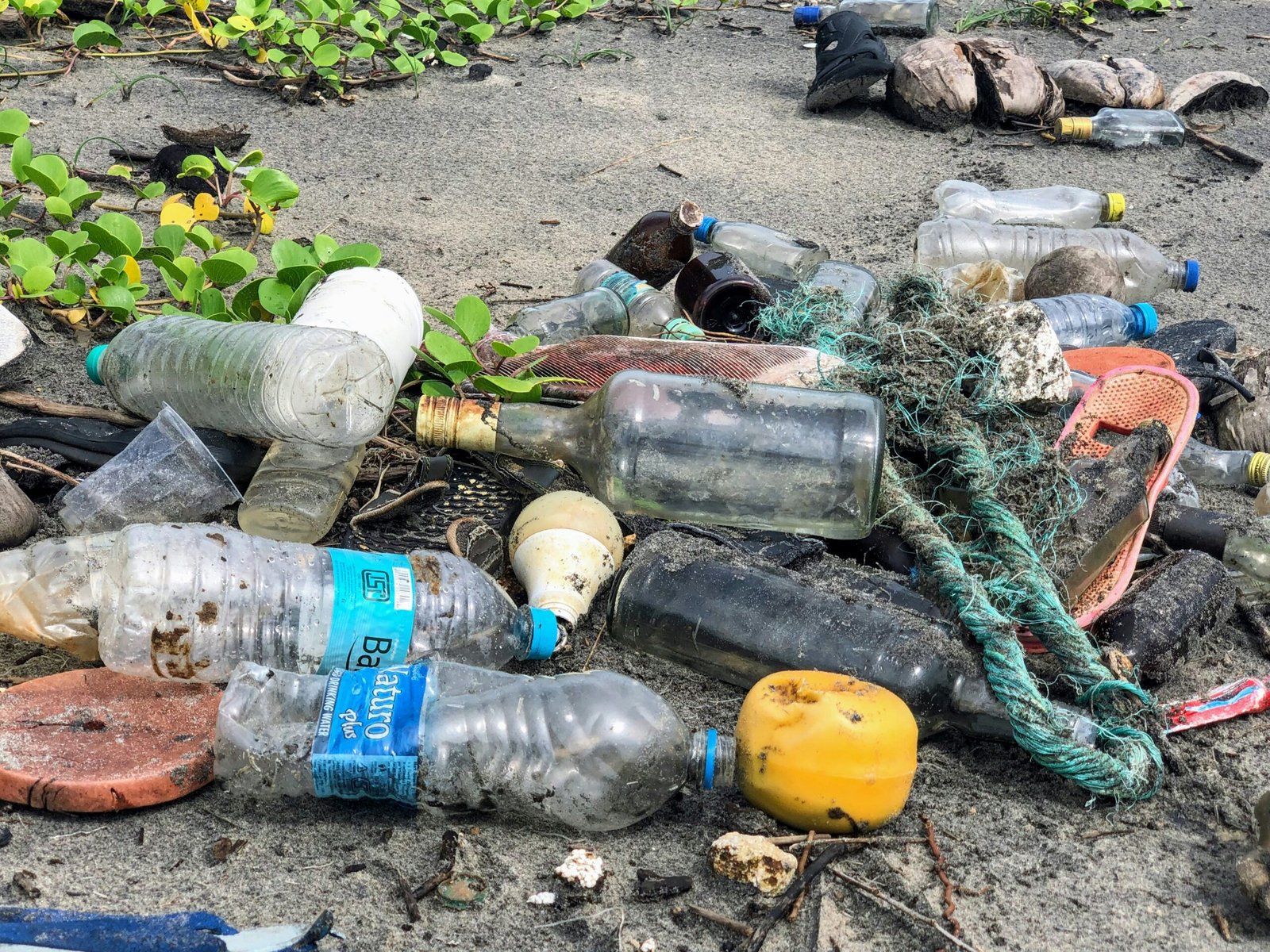Starting from January 1, 2024, Dubai is taking a significant step towards environmental sustainability by implementing a ban on single-use plastic bags and products. This move is part of the city’s ongoing efforts to reduce plastic waste and promote a cleaner and greener future.
The ban encompasses a wide range of single-use plastic items, including shopping bags, cutlery, straws, stirrers, and takeaway food containers. By prohibiting the use of these items, Dubai aims to encourage residents and businesses to adopt more eco-friendly alternatives and reduce their reliance on plastic.
This decision comes as no surprise, considering the detrimental impact of plastic on the environment. Single-use plastic items are notorious for their long lifespan and resistance to decomposition. They often end up in landfills or pollute our oceans, posing a significant threat to marine life and ecosystems.
By implementing this ban, Dubai joins the growing list of cities and countries around the world that have taken similar measures to combat plastic pollution. It aligns with the United Nations’ Sustainable Development Goals, specifically Goal 14, which aims to conserve and sustainably use the oceans, seas, and marine resources.
While this ban is a significant step forward, it is important to note that it will require a collective effort from both the government and the public to ensure its success. The government will play a crucial role in enforcing the ban and implementing effective waste management systems. At the same time, individuals and businesses must embrace sustainable alternatives and make conscious choices to reduce their plastic consumption.
Fortunately, there are numerous alternatives available that can help us transition away from single-use plastics. Reusable shopping bags made from materials such as cloth or canvas are an excellent choice for carrying groceries and other items. Stainless steel or bamboo cutlery can replace plastic utensils, while paper or metal straws offer a more sustainable option for sipping beverages.
Businesses, too, have a responsibility to adapt to these changes. They can explore options like biodegradable or compostable packaging for takeaway food and encourage customers to bring their own containers for leftovers. By embracing these alternatives, businesses can not only contribute to a greener environment but also enhance their reputation as environmentally conscious entities.
Education and awareness will also play a crucial role in the success of this ban. The government can launch public campaigns to educate residents about the harmful effects of plastic and the importance of reducing its use. Schools and universities can incorporate lessons on environmental conservation, fostering a sense of responsibility and sustainability among the younger generation.
As we move towards the implementation of this ban, it is essential to acknowledge that change takes time. Transitioning away from single-use plastics will require adjustments and a shift in mindset. However, the long-term benefits far outweigh the temporary inconveniences. Dubai’s commitment to this ban sets an inspiring example for other cities around the world and reinforces the importance of collective action in preserving our planet.
By saying no to single-use plastic bags and products, Dubai is taking a significant step towards a more sustainable future. Through this ban, the city aims to protect its natural environment, reduce pollution, and create a cleaner and healthier society for generations to come.

